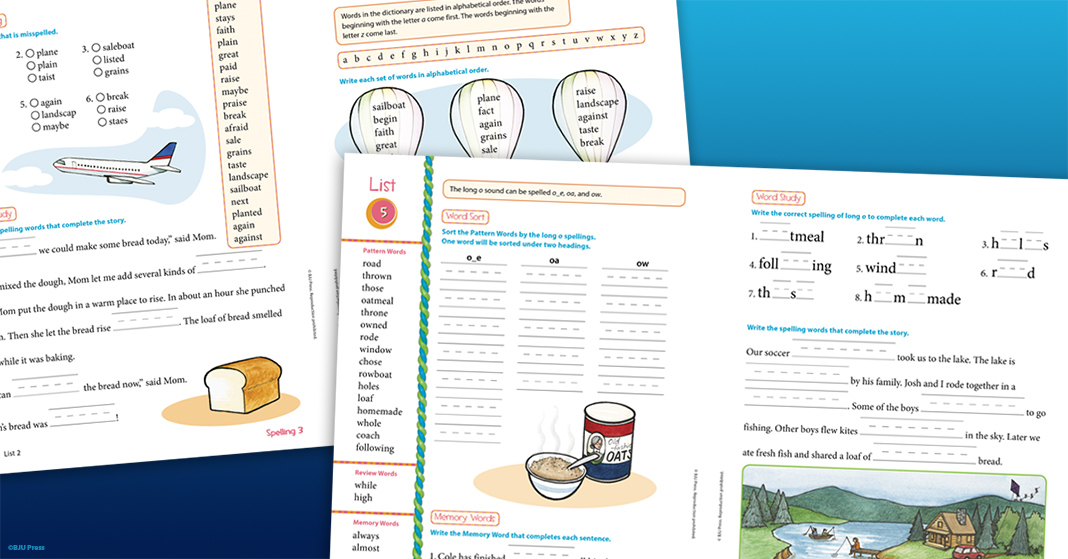 One morning, my second-grade daughter was taking a heritage studies test when she complained, “Mom, this question doesn’t make sense.”
One morning, my second-grade daughter was taking a heritage studies test when she complained, “Mom, this question doesn’t make sense.”
I came to look and immediately saw the problem. My husband, who writes the heritage studies tests for our daughter, had accidentally typed on instead of own so the resulting question was confusing. Once I fixed the spelling mistake, my daughter knew immediately what he was asking and was able to complete the test without much difficulty.
Poor spelling often leads to poor communication. Any mom who has received notes from very small children knows this. My five-year-old daughter often gives me invitations to pretend parties that she throws for her dolls. I usually have to ask her to confirm the details because I have no idea what words like kokes (cookies) and juse (juice) refer to.
Clear Communication
The main reason we teach our children spelling is because we want them to be clear communicators. One of the reasons I love the BJU Press spelling program is that it offers more than just a list of words to memorize every week. It uses an interactive approach to teaching so that my daughter will understand why words are spelled the way they are and will be able to apply reliable spelling patterns to words not on the weekly spelling list. This understanding enables her to apply what she’s learning to real-world written communication.
My daughter gets a lot of opportunities to practice written communication skills in spelling class because her student worktext is filled with writing activities such as writing a recipe, a letter, an invitation, or a journal entry. My daughter has also learned how to use a dictionary and is regularly challenged to proofread short paragraphs.
Application
Even now, when my daughter sits down to write a thank-you note for a birthday gift or compose a creative story, she’s careful with her spelling and takes the time to look up how to spell words she doesn’t know. And every once in a while, she’ll point out spelling errors in the tests that my husband and I write for her. I’m proud of her—she’s a better speller than I was at her age.
If you’re interested, you can take a look at the Spelling 3 materials we’ll be using in our homeschool this coming year. I’m sure you’ll love them as much as I do.



